Anabasis – Memoir of the Persian Expedition is the autobiography of Xenophon, the famed Greek military leader, philosopher, historian, and student of Socrates. The work chronicles the retreat of the Ten Thousand, a group of Greek mercenaries through treacherous enemy lands, with Xenophon as their unlikely leader.
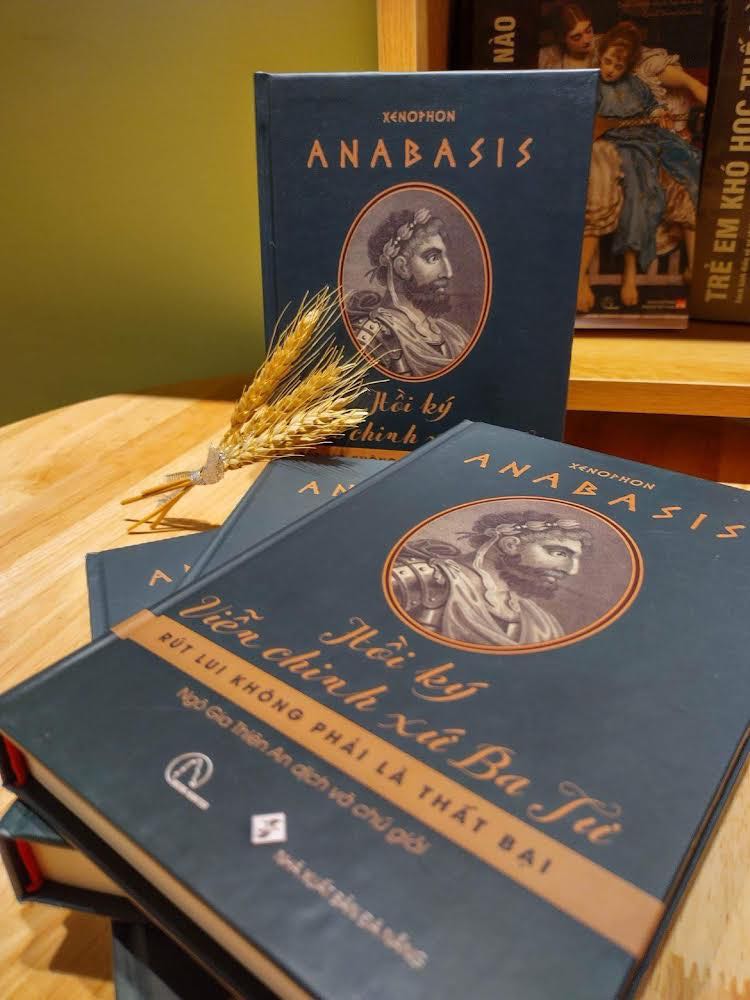
Anabasis – Memoir of the Persian Expedition
Xenophon of Athens (430 – 355/354 BCE) was known for his many literary works, which covered multiple facets of his life in the 5th and 4th centuries BCE. In 401 BCE, after joining Persian prince Cyrus the Younger’s military campaign and witnessing the devastating defeat of his army, Xenophon found himself trapped in a foreign land with about ten thousand other Greek soldiers. Later, when his higher-ups were betrayed and murdered, he became the leader of the retreating army. Anabasis, first published some twenty years after his historical expedition, is now Xenophon’s most famous work.
The expedition of the Ten Thousand was considered "one of the greatest adventures in human history". Thanks to the author’s animated descriptions, the Ten Thousand, which consisted mostly of hoplites (heavy infantry soldiers), was painted as an army of braver, more disciplined, more active men who were more adaptive to new, challenging situations than their counterparts in the different regions they travelled through. Xenophon showed the Greeks’ unique approach to warfare: soldiers could express their opinions freely and cast votes that would affect the leaders in more ways than one, making the army an entity with political sway. This tendency towards consensus decision-making could also be observed in other Greek armies of Xenophon’s time. When faced with incredible odds, the Greek soldiers utilised their rather democratic decision-making process, making leaders of unlikely people such as Xenophon, and resolving issues with inputs from leaders to soldiers.
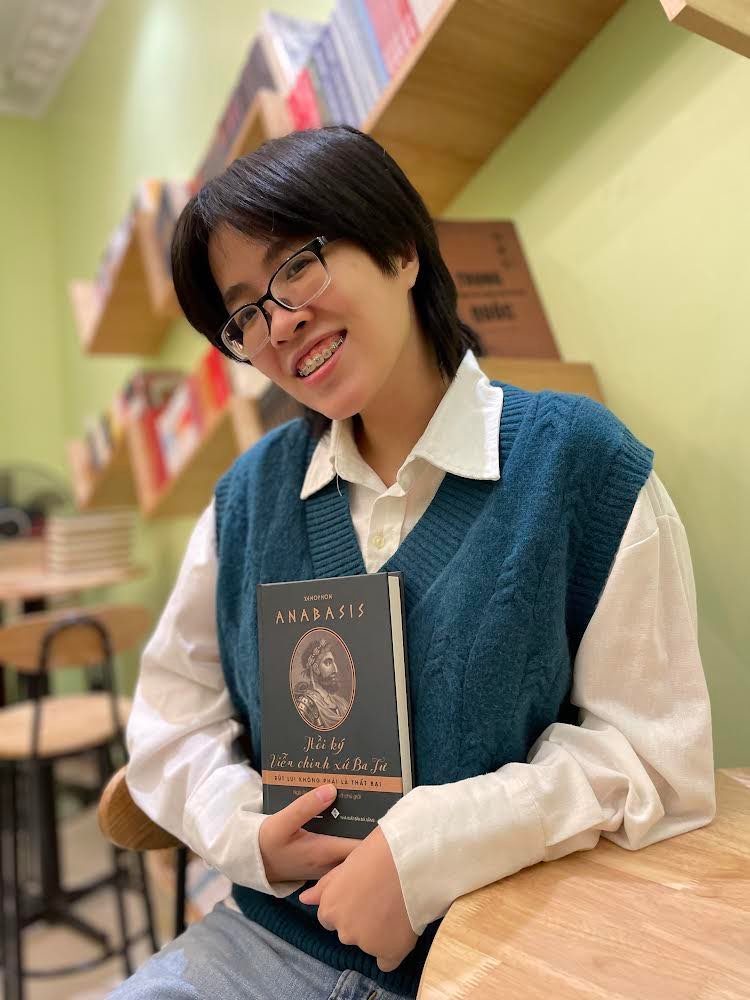
Photo: Translator Thien An Ngo Gia (Image source: The translator provided the photo)
Translator Thien An Ngo Gia (1999) graduated from the University of Social Sciences and Humanities (Hanoi, Vietnam) with a bachelor of International Studies. In 2011, Ngo emerged as a child poet with her poetry collection Twinkling Stars (Kim Dong Publishing House). Before Anabasis, she translated Xenophon’s Memorabilia into Vietnamese for another organisation, and collaborated with others to translate How children learn (by Jon Holt) for Book Hunter.
Ngo said this about her process of translating Anabasis: “It was not my choice to translate this book in the first place. It was just luck, I guess, that I had the privilege of translating Xenophon’s work more than once. Before Anabasis, I had the chance to translate another work by him. That’s why I was eager to take on this book, I’m already used to his writing style.”
Xenophon was a prominent author who wrote in Ancient Greek, so naturally, many people had already translated his works into English. In translating Anabasis from English to Vietnamese, Ngo found the many unfamiliar terms challenging, but she shared that the multiple English translations of the work, along with some Ancient Greek dictionaries and essays by many scholars who studied Xenophon were helpful.
Cultural differences were also a challenge when she was working on Anabasis. “The book is thousands of years old, and sometimes it is difficult to resonate with the views of ancient people. There were a few times when the context was lost on me, and I had to read the passage again and again to understand. For instance, Xenophon did not know what a straw (to drink water from) was, so he described it in a rather contrived way when he saw it in a village. It took me some re-reads to catch his meaning: he was describing what was to him, a new and peculiar way to drink wine.” To a modern lens, Anabasis would be a window to a vivid and interesting past.
Ngo worked on Anabasis for a month and a half. She expressed interest in translating works of history, science, philosophy, and classic literature. However, she is open to translating any genre.
Box: In the summer of 401 BCE, prince Cyrus the Younger of Persia employed about 10.700 Greek mercenaries to aid him in his quest for the Persian throne. The army, consisting of Greek soldiers and soldiers from other lands of Asia and Africa reached the battlefield, after travelling 1.500 miles Eastward and overcoming some hardships. In the Battle of Cunaxa (North of Babylon), Greek soldiers broke through the lines of the army of king Artaxerxes II (Cyrus’s brother). However, while hunting for his brother amid battle, Cyrus was killed, and the campaign was lost. Afterwards, the Greek army refused to surrender to Artaxerxes II. Instead, they chose to journey home to Greece, through the treacherous lands of Asia Minor that led to the Black Sea
Linh Khánh (Nhan Dan Online)/Translated by Ash
PROMOTED

The Dien Bien Phu campaign (1954) was a heroic battle of a small but resilient nation that defeated the French colonial "giant". According to some international experts, this battle is a big "plus" for Vietnam in its relationship with countries around the world in wartime and peacetime. Here are some opinions of experts, journalists, interested in the battle of Dien Bien Phu in particular and Vietnam in general.
WAJ- Young translator conquers the ancient Greek classic Anabasis – Memoir of the Persian Expedition
- Austria news - Usama Nosshy channel covers Asean's 55th anniversary celebrations at the United Nations in Vienna
- VietnamPlus Newspaper reported about ASEAN's 55th anniversary at the United Nations in Vienna
MOST VIEWED
The two Kings Philippe and Van der Bellen havedifferent backgrounds, one is of royal origin, and the other is a child of a refugee family (once of noble origin) but now, in the eyes of the European public, both of them are giving off a sense of courtesy, virtue and erudition.
WAJWith the attendance of many international figures, the 80th anniversary of the end of World War II was celebrated at the United Nations headquarters.
Journalist Usama Soliman


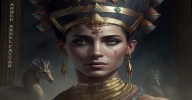
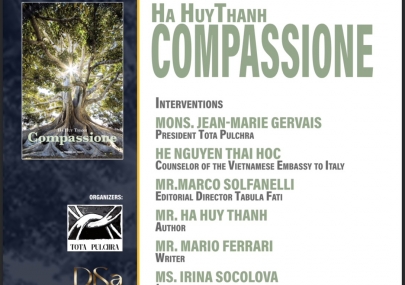

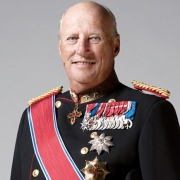
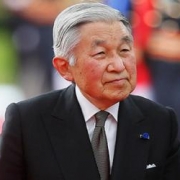
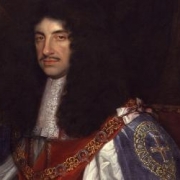
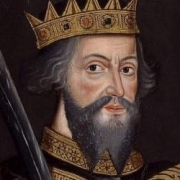







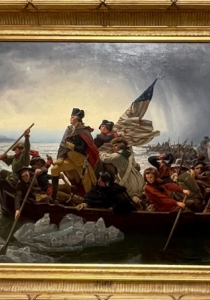
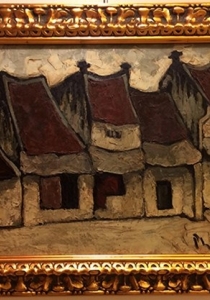
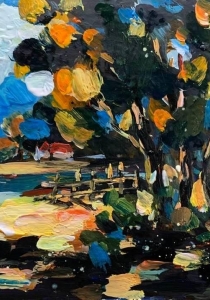
Comment